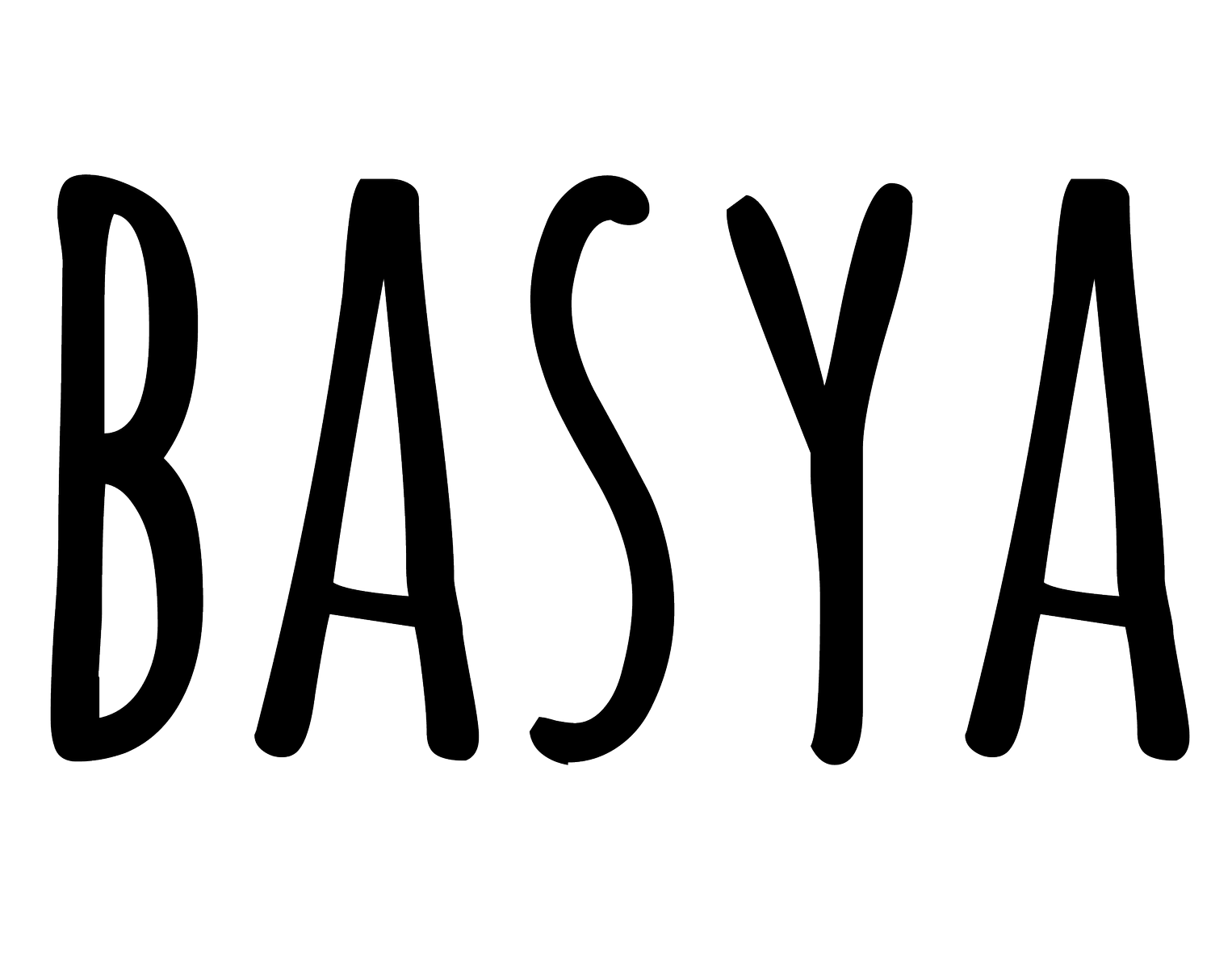
Kabbalachia - (Kabbalat Shabbat + Appalachian music)
“Sing A new Old Song”
It was the summer of 2013, Basya Schechter had just become the cantor of the Fire Island Synagogue, and, for as far back as anyone could remember there was no Friday night services, but children’s programming.. After a few weeks of children’s programming being thin, we decided to try Kabbalat Shabbat. In my new patio, with the sound of the Ocean roaring, Shaul Magid brought his banjo and began fiddling some “Old Time” melodies. And just as naturally Basya began singing and adding percussion while adapting these pieces to the liturgy of Friday night Kabbalat Shabbat services. Week after week we would try a new one, and within a few years, we had an “Island Nusach..” which is something uniquely banjo based scaffolding of these old time songs.. Which in themselves are … Fast forward to the pandemic, when life was uncertain and in this time of uncertainty we wanted to document these songs .. Raechel Rosen was in her first year of cantorail studes..we brought musicians who had already had some exposure to us, brought Don Godwin to record live, and over two tdays created very loose arrangements, and harmonies.
Song notes
Shiru le-Shem Shir Hadash – “Sail Away Ladies”
Sail Away Ladies is a popular old-time tune that goes back to probably the early 19th century. It definitely has the sound of Irish or Scottish music and was likely brought to America by immigrants from the British Isles. Many people recorded it. Maybe the most famous, certainly one of the earliest, is Uncle Dave Macon and the Fruit Jar Drinkers in 1927.
Ana Be-Koah
Basya’s original tune inspired by old-time banjo
Lekha Dodi II – “Big Sweet Taters in Sandt Land”
This tune has multiple variations, sometimes called “Sally Anne” and sometimes called “Sail Away Ladies.” It originates in the south or southwest as “Great Big Taters” maybe from the Ozark Mountains in Arkansas. Alan Lomax collected the tune and thought it goes back to the mid-19th century, but no one is quite sure. The first sound recording of the tune dates to 1929 but most think it is considerably older than that.
Raza – “Pretty Polly”
Pretty Polly is a very well-known tune played in America as a murder ballad, a whole genre of old-time music. A man kills either his wife or wife to be for some unknown reason and that wails about what he’s done. Another classic tune in this genre is “Down by the Old Ohio.” Very melancholy, dark, something on the edge. Raza has that quality, a medieval Aramaic text (the Zohar) teaching briefly about the cosmic meaning of Shabbat, only oneness and unity.
Shalom Alekhem – “Dovid’s Niggun”
I learned this tune that we called “Dovid’s niggun” from Dovid Din, an enigmatic and charismatic Hasidic rabbi who lived in Boro Park, Brooklyn. He died in 1986. Dovid was a ba’al teshuva (newly religious) teacher who also spent considerable time teaching in Jewish and Ashrams and inter-faith venues. Known for his piety and expansive sense of religious practice and devotion, Dovid was a popular teacher of Hasidism and Kabbalah who wrote almost nothing. Dovid used to sing this tune every Shabbat afternoon at the “third meal” to the psalm “Mizmor le-David.”
Mizmor Le-David – “Shaving a Dead Man”
Shaving a Dead Man is an old-time tune banjo probably written by Oscar Wright from Princeton, West Virginia. We played it in an odd tuning (F#CF#CD). In its original version the “N” word was used for “Man.” It was later changed and sometimes called “Protect the Innocent.” I am not familiar with any lyrics to this tune, but I am sure there are some.
Lekha Dodi I – “John Brown’s Dream”
John Brown’s Dream is a well-known old-time tune. It probably originated in the Blue Ridge Mountains and then was made popular on banjo with Hobart Smith’s rendition. Smith was from Virginia. Tommy Jarell, a very popular old-time fiddler with immense amount of oral history from North Carolina, claimed it is a derivation from “Pretty Little Miss.”
Mizmor Shir – “Ducks on a Millpond”
Ducks on a Millpond, also known as “Deaf Woman’s Courtship” is an old-time tune likely derived from fiddle Emmett Lundy (1864-1953). Its origins are likely sometimes in the 19th century. It was collected by Alan Lomax from Galax County, Virginia in 1937. Some think it is related to another tune called “Old Dan Tucker.” Played in double C (GCGCD) it begins with a nice open four string arpeggio as the centerpiece of part A that is upbeat and we thought fit nicely into Mizmor Shir.
Yedid Nefesh – “Frosty Morning”
Frosty Morning is a tune by Virginia fiddler Henry Reed and was recorded by the folklorist fir the Smithsonian and fiddle Al Jabbour. It is sometimes called “Cold and Frosty Morning.” The origin of this tune is not known, although a tune by this name (not necessarily the same tune) was listed as played in a fiddle contest in LaFollette, Tennessee in 1931. Reed says, “It’s got a lonesome sort of sound” that we thought fit Yedid Nefesh quite well.


